
This is the seventh module of GuildOne’s Blockchain Digest. The previous module offered an overview of Energy Block Exchange (EBX), GuildOne’s blockchain business network for transactions in the oil and gas (or energy) sector.
EBX is suitable for a number of transaction types (or use cases) in the oil and gas industry. To set the stage for discussing some of these, this module will look at the oil and gas sector, how it works (in very high-level terms) and why it is particularly well suited to blockchain solutions.
Oil and Gas 101
The oil and gas industry is a global sector that generates $2 trillion in total revenues per year and contributes between two and three percent of the global economy. The process of getting oil and gas out of the ground to the point of consumption—the gas tank of your car, the furnace in your home, the food packaging in your fridge, and so on—is long and complex. It involves many stakeholders and many points of commodity exchange.
Briefly, the oil and gas value chain can be broken down into three different segments: upstream, midstream and downstream, as follows:
Upstream
- Exploration, or discovering and locating potential oil and gas deposits and pools for development
- Developing the site for extraction of resources
- Production, or extracting the oil or gas resource from the ground
Midstream
- Marketing the commodity to downstream buyers
- Transporting the commodity to refining/processing points, usually through truck, tanker, rail or pipeline
Downstream
- Upgrading the commodity to a finished, marketable commodity, such as by refining crude oil for gasoline or processing natural gas for use in electricity generation or home heating
- Distribution from the refining/processing plant to the point of end use
Digitization of the Global Oil and Gas Sector
Ever since the downturn in global oil prices in 2014, oil and gas companies have been seeking new efficiencies that could reduce costs and sustain profits. These initiatives have led to fundamental changes in conventional ways of extracting, processing, transporting and selling oil and gas. They have also forced companies to drastically rethink how they operate and to identify innovative ways to improve transactions with business partners and suppliers.
These innovations include developing and adopting digital technologies to optimize data-driven processes that have traditionally been performed internally, in isolation, within each counterparty which leads to high levels of dispute and rework. One digital solution with tremendous potential for oil and gas is blockchain.
Blockchain in Oil and Gas
The process of extracting and moving oil and gas along the value chain to market involves many stakeholders, including landowners, oil and gas producers, royalty managers, regulators, financial institutions, transport companies, refiners, distributors and consumers. From the upstream point of resource extraction to the point of final end use, there are many points of commodity exchange.
The complexity of the value chain brings with it significant costs and presents many points of potential friction. Complicating matters further is that at each point along the value chain the commodity may have numerous parties with various degrees of ownership, such as royalty holders and joint venture partners. Joint ventures are very common in oil and gas, particularly for large, capital-intensive projects.

With the many parties involved in the process, contract disputes are prevalent and are a major drain on enterprise resources. Most of these disputes are due to simple administrative errors, missing or incomplete data and/or data incongruity. Discrepancies in data often lead to costly delays and disputes, and require reconciliation, a manual process that is costly and may be susceptible to errors. Blockchain-enabled technologies can significantly reduce these disputes.
As we’ve established in previous modules of the Blockchain Digest, blockchain will allow parties along the oil and gas value chain to establish and track agreed-upon (or consensualized) data, eliminating data-related disputes from the process. Further, smart contracts enable the automation of payments at custody transfer points along the value chain. With the number of these points along the value chain, this has the potential to be a significant benefit.
Blockchain is widely expected to have a transformative effect on the oil and gas sector, as it is on the economy as a whole. Blockchain adoption can “at once impact operational costs, capital expenditure, risk management, and security.” It will enable “faster payment and settlement times, larger trading volumes, and an immutable audit trail,” thereby creating huge efficiency improvements, particularly as “data entry errors are eliminated, as entries inconsistent with information held by counterparties will not be validated and added to the record.”
The role of blockchain in the oil and gas value chain will also be important given that the industry is increasingly adopting digital technologies, such as Internet-of-Things-connected measurement and monitoring devices. Blockchain may both benefit from and facilitate this digital transformation, as it may create a level playing field, reducing data-driven disputes and streamlining data-driven transaction processes.
In the next module of GuildOne’s Blockchain Digest…
This module of the GuildOne Blockchain Digest has offered a very high-level overview of the oil and gas industry, how it works and why it is particularly well suited to blockchain solutions. In the next module, we will discuss some oil and gas use cases that can currently be transacted on blockchain, specifically GuildOne’s EBX blockchain business network.
Recommended Readings / Resources
- Deloitte, “Is Blockchain’s Future in Oil and Gas Transformative or Transient?”
- World Economic Forum: “Digital Transformation Initiative: Oil and Gas Industry.”
- BTL, “Powered By Blockchain: Reinventing Information Management in the Energy Enterprise”
- Accenture, “Being bold with blockchain: How energy companies can solve a procure-to-pay headache”
Feedback
Please tell us what you thought about this module and the Blockchain Digest by filling out a short survey here.

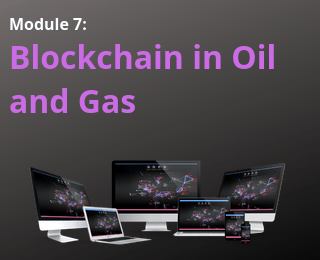
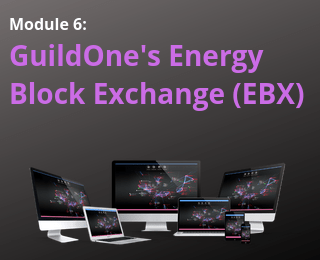


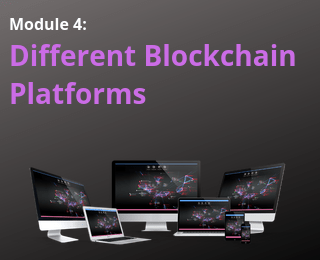







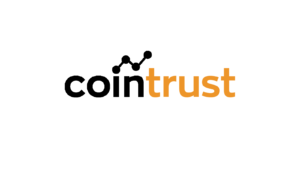


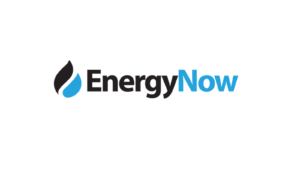









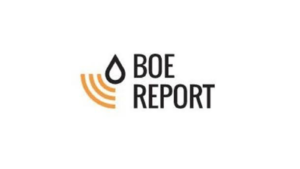

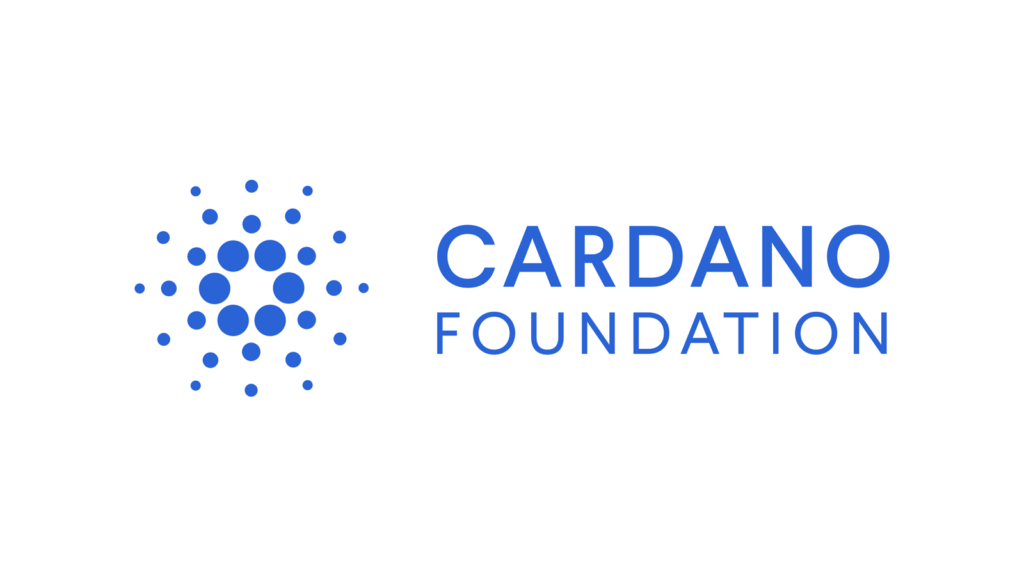
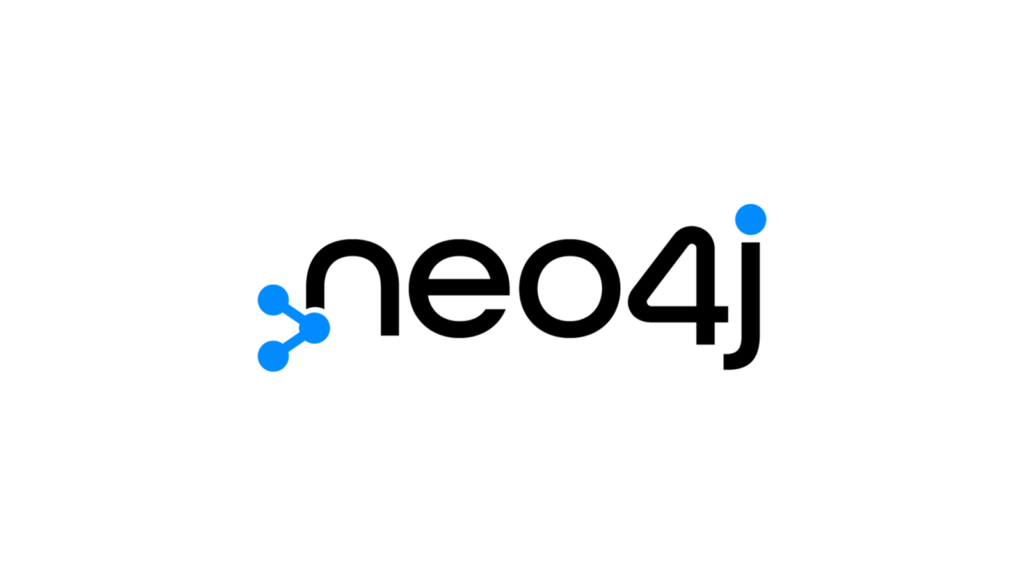


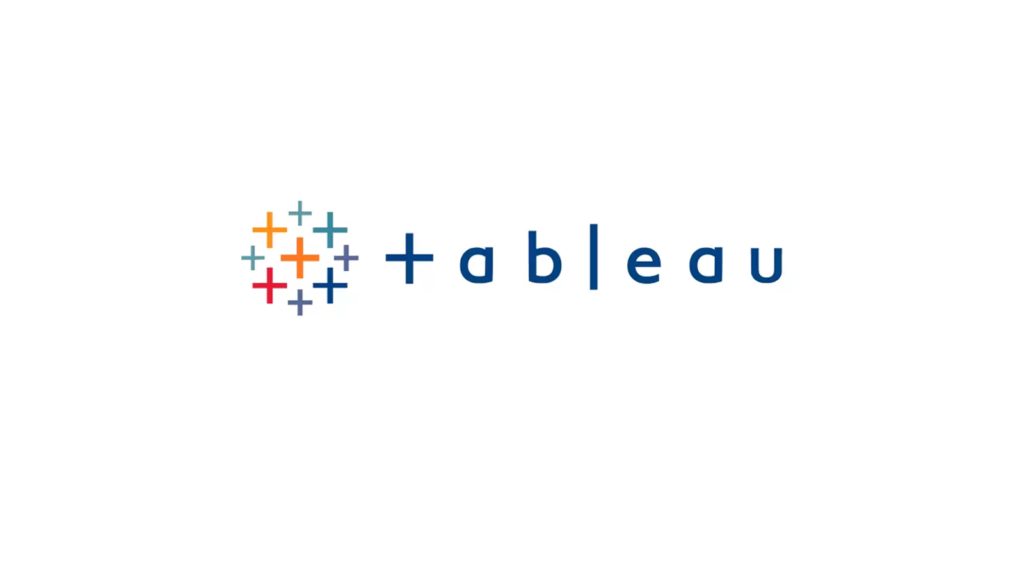
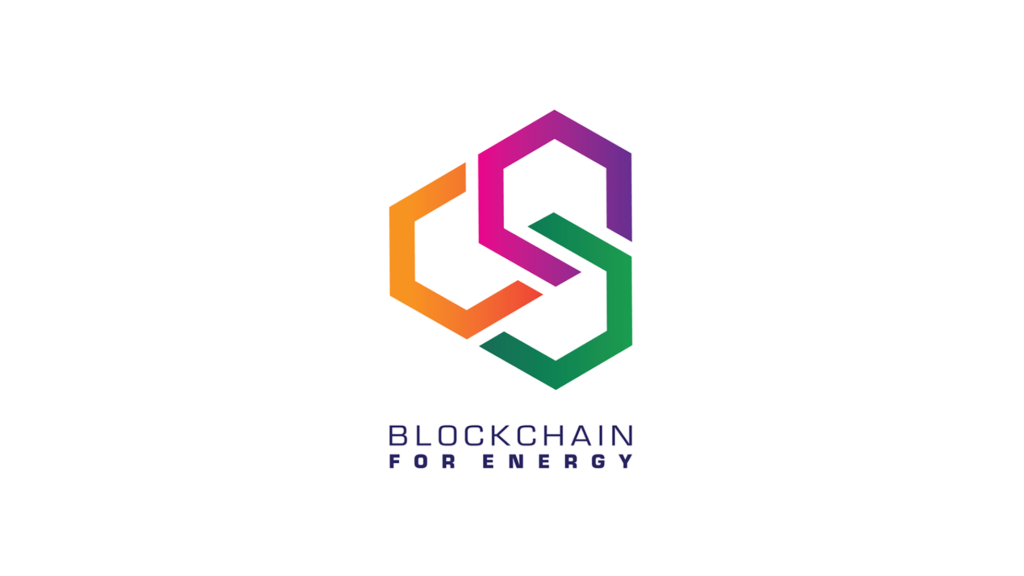





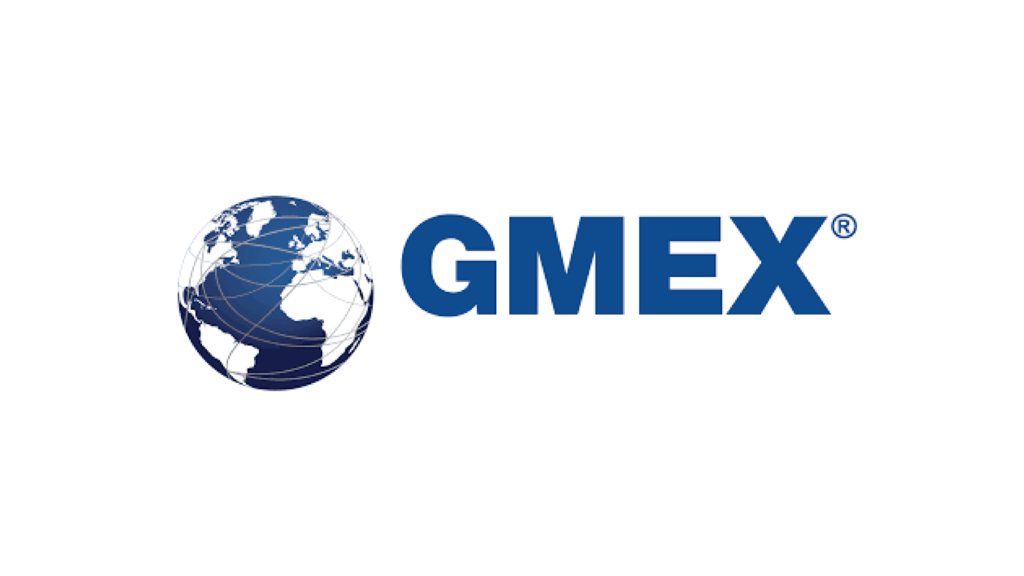
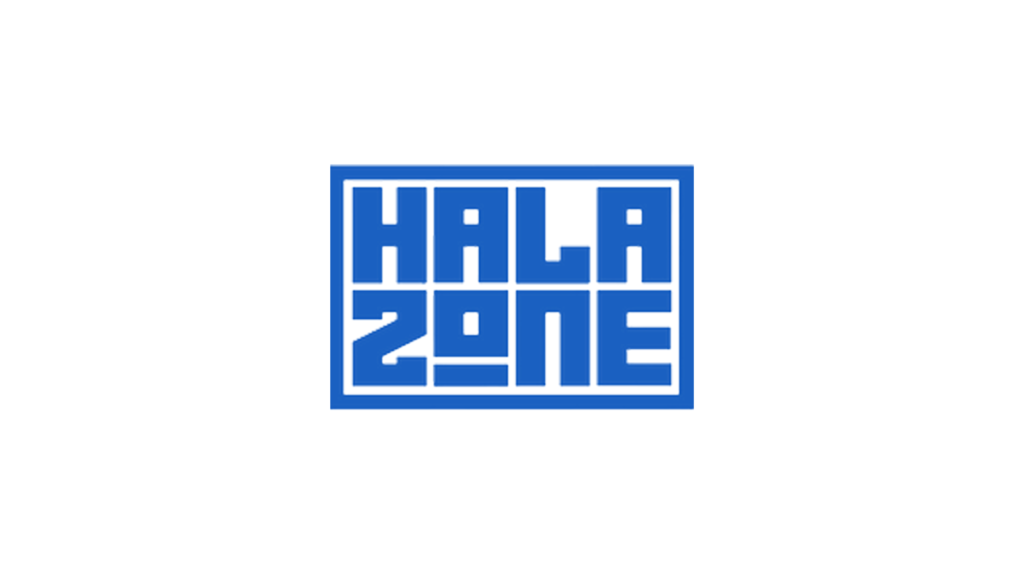


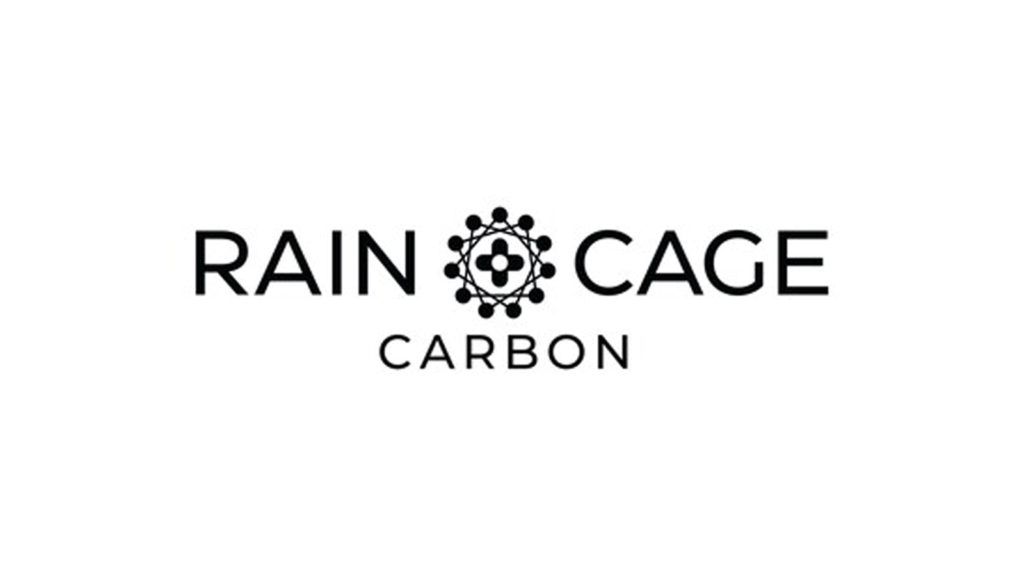
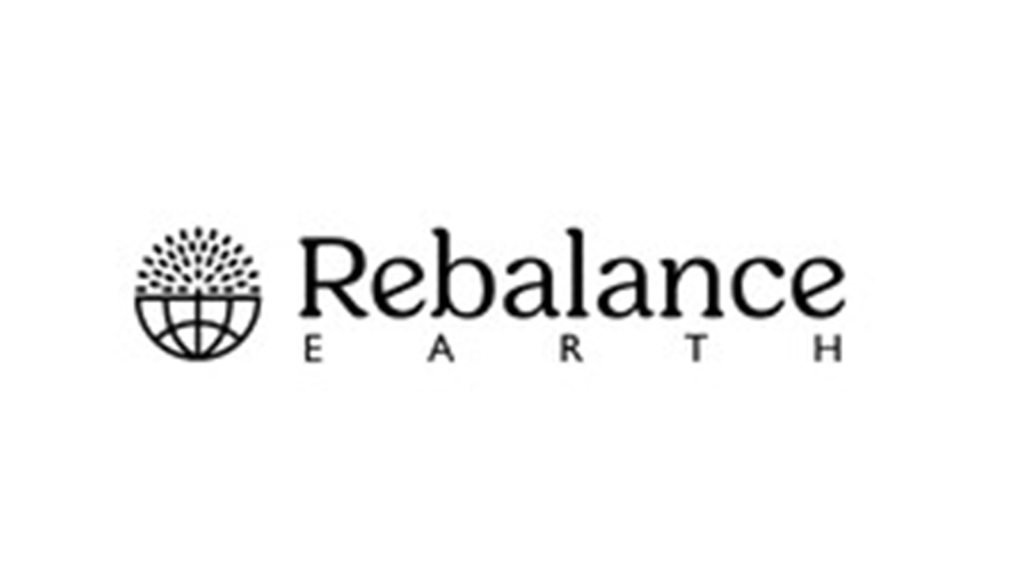
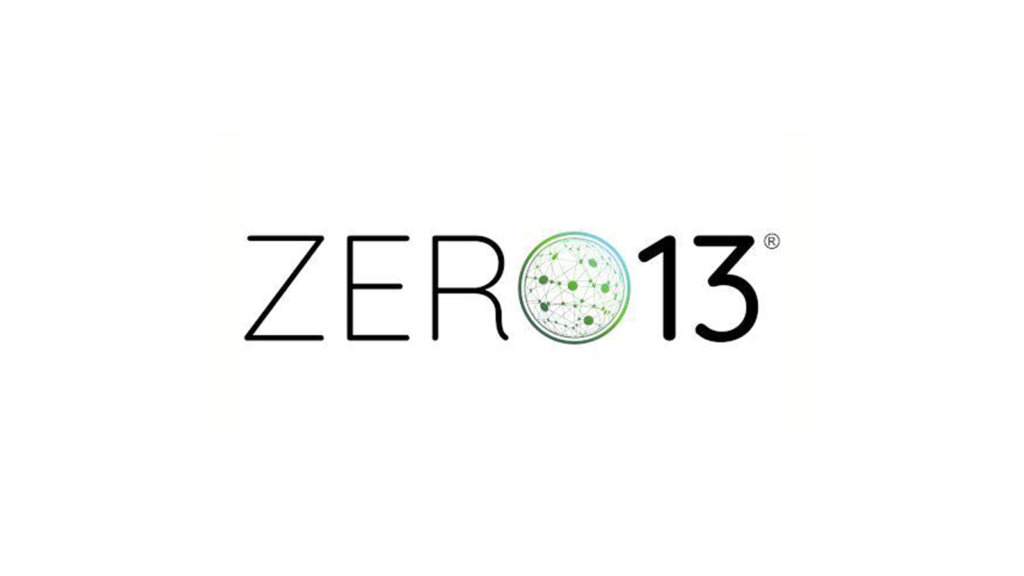
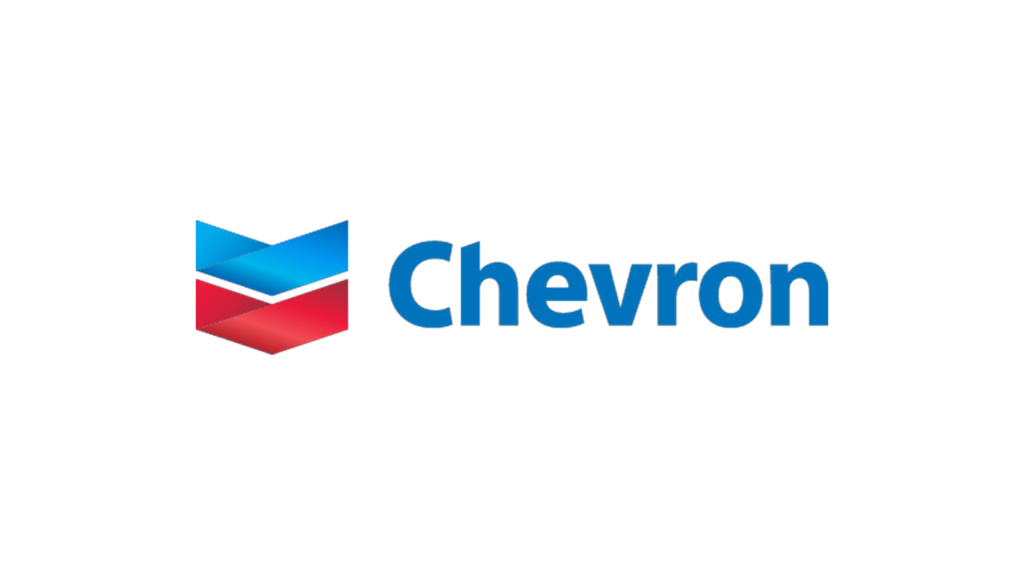
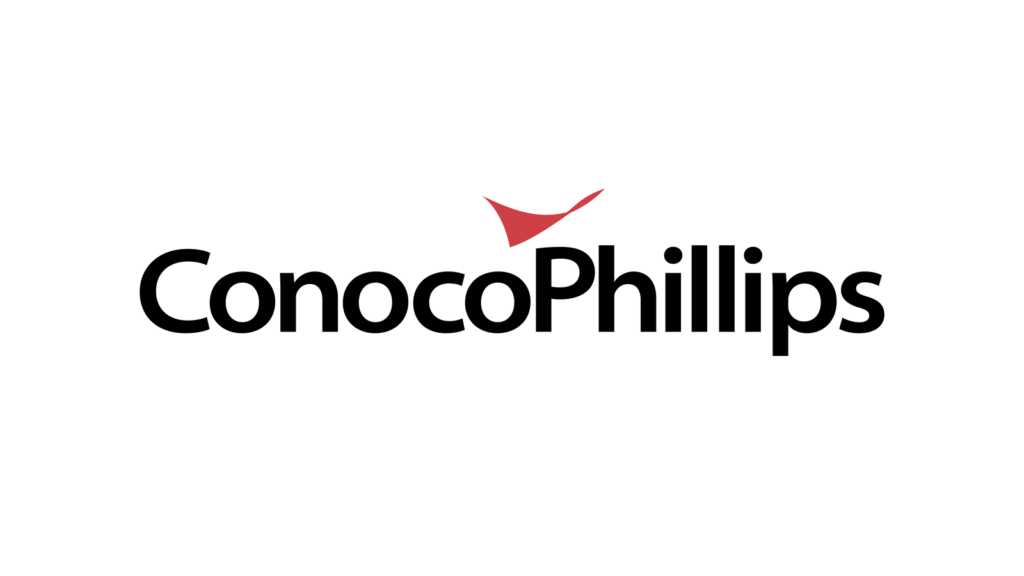
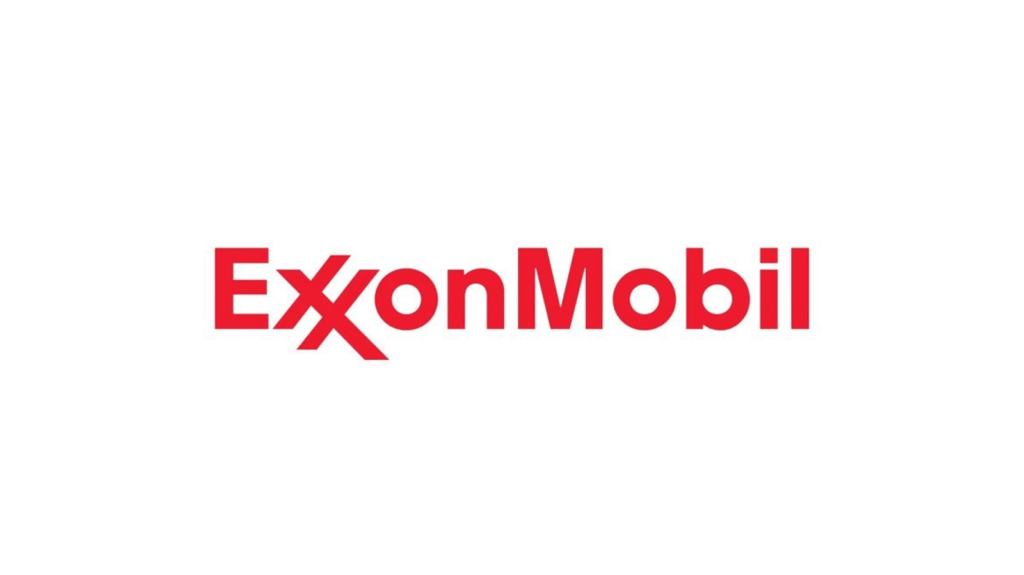


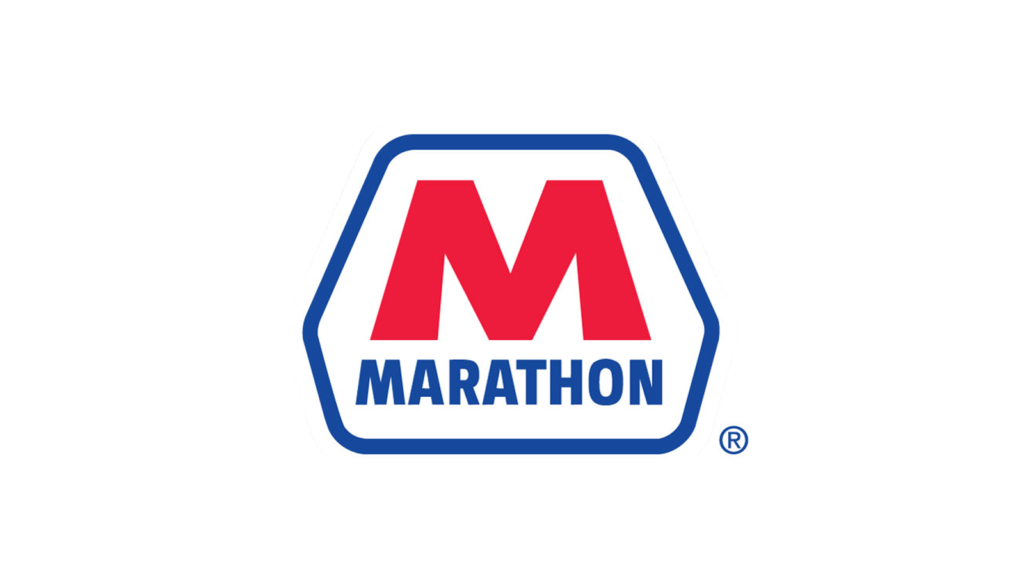

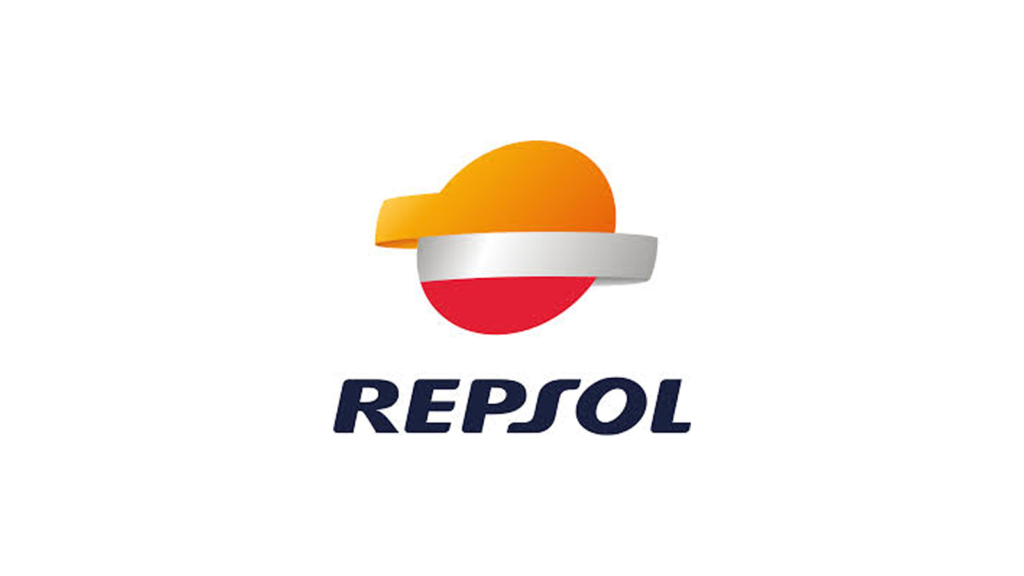
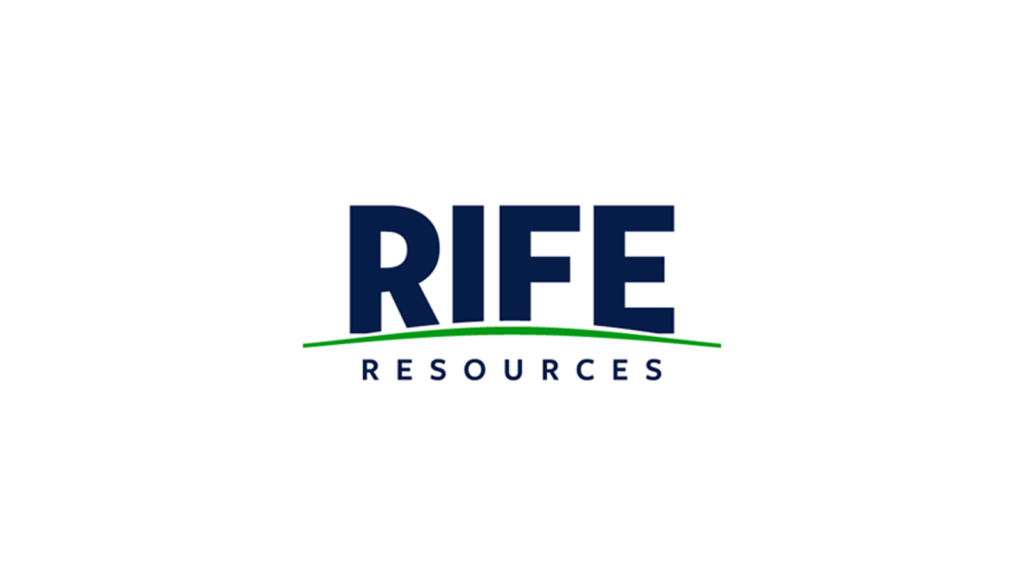
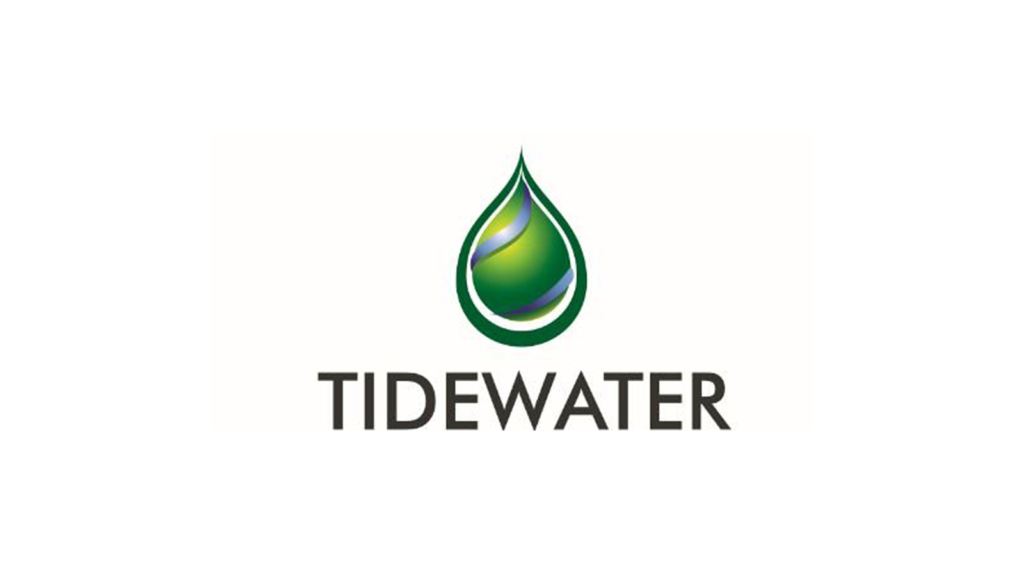
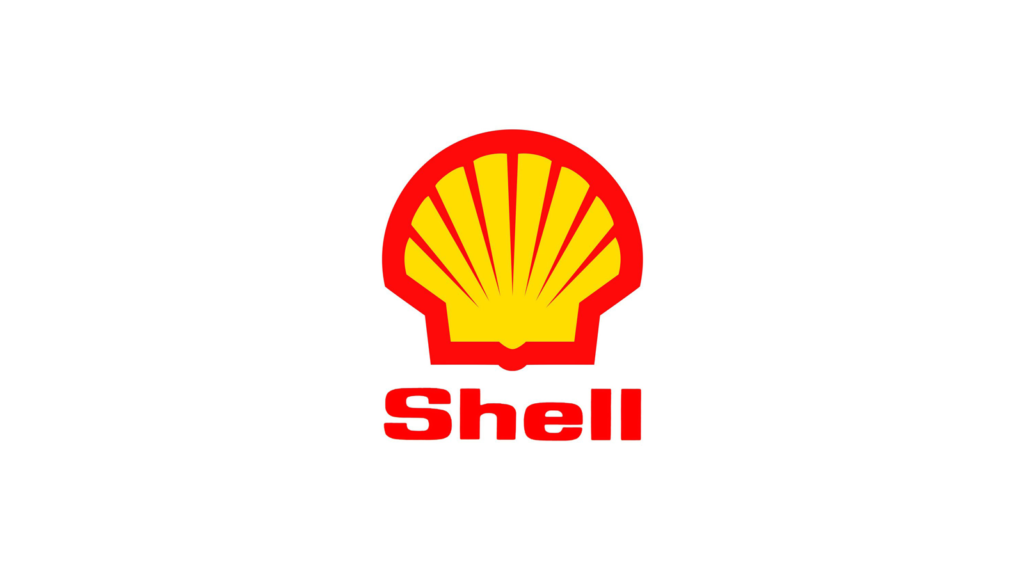
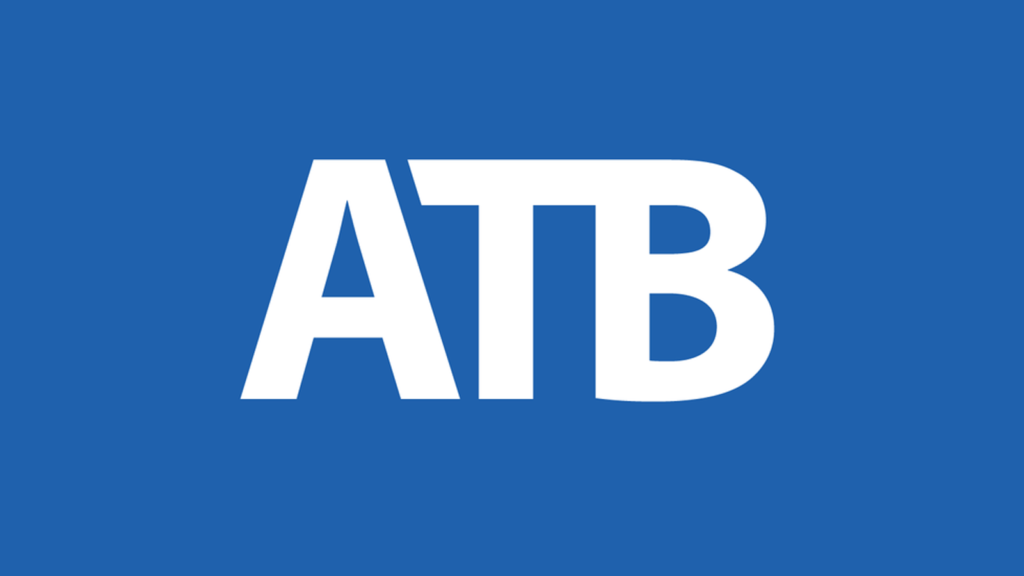
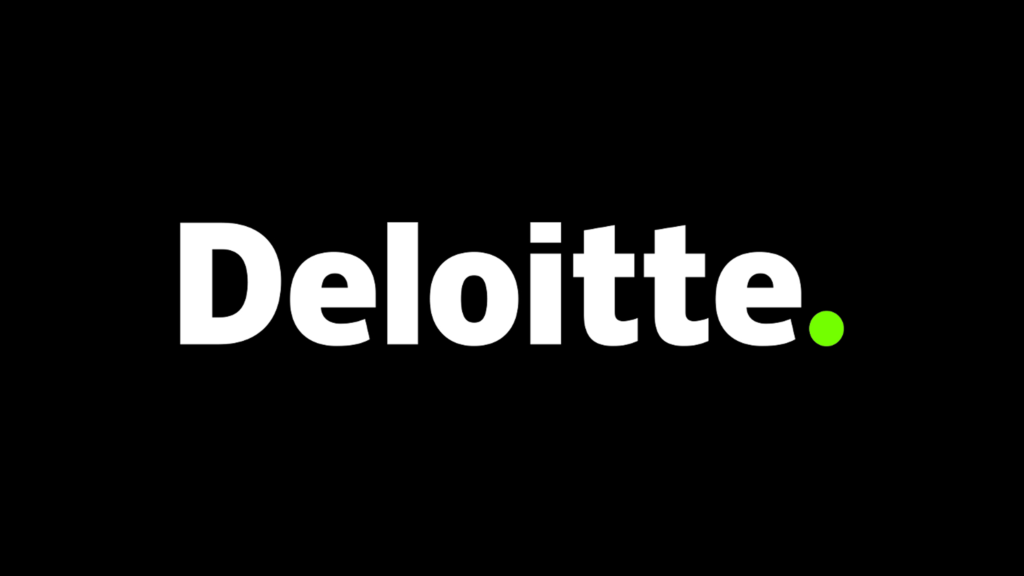





You must be logged in to post a comment.